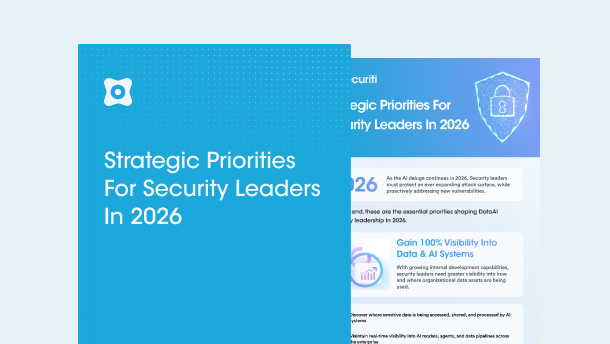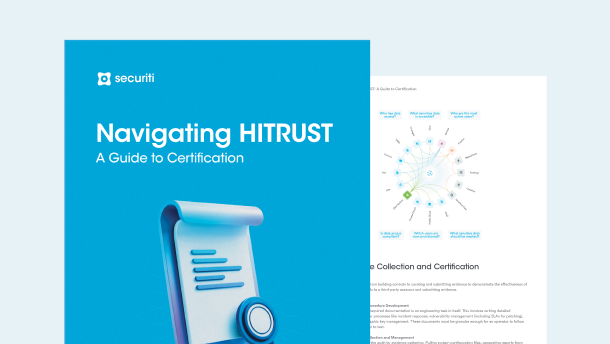Alabama does not yet have a comprehensive data privacy law. To stay updated on the progress of privacy-related bills across the US, visit our US State Privacy Laws Tracker.
The concerns over protecting users’ data and privacy have become increasingly critical in today’s digital era. Many states across the US have enacted comprehensive data protection and privacy laws to govern the collection, processing, sharing, and selling of users’ data while giving users more rights and control over their data. Certain US states have proposed comprehensive data privacy bills, but some are yet to be enacted. Alabama is one such state currently without a comprehensive privacy law for residents’ personal information protection.
Even without a data privacy law, businesses in Alabama must maintain strict privacy operations. This ensures compliance with changing privacy standards and prepares them to adapt to future regulations.
The following guide provides an overview of the state's current data protection laws and the primary considerations for businesses.
The Current State of the Data Protection Laws in Alabama
As mentioned earlier, no comprehensive privacy law exists in Alabama yet. However, businesses must stay up to date regarding other existing applicable laws. For instance, there is the Health Insurance Portability and Accountability Act (HIPAA) and businesses operating in the healthcare industry dealing with Protected Health Information (PHI) of individuals must comply with the HIPAA.
Similarly, the Children’s Online Privacy Protection Act (COPPA) is a federal law that primarily focuses on protecting minors' personal data and sensitive personal data (under 13 years of age) across the US. Hence, businesses dealing with minors’ data must ensure that their practices comply with COPPA.
Similarly, businesses operating in the financial sector may be required to comply with the Gramm-Leach-Bliley Act (GLBA). Under the GLBA, financial institutions must inform customers about data-sharing practices and protect their sensitive data.
Best Practices for Businesses
Businesses operating in Alabama are encouraged to ensure safe data protection and privacy practices. Regardless of the presence or absence of any comprehensive privacy law, ensuring safe data handling practices helps with compliance in the long run and strengthens the trust of customers in the business. Following are some of the best practices that businesses must consider when complying with state, local, and federal laws:
- Create an inventory of all data assets and the data. This enables organizations to have a clear picture of what data they have, where the data is located, what cross-border rules and other regulations may apply to it, etc.
- Enable data mapping automation to understand data flow to different systems across the environment. This will enable organizations to learn more about data quality and lineage and see what transformations the data underwent throughout its lifecycle.
- Optimal data security measures are necessary regardless of the applicable data privacy law. Most laws provide baseline guidelines for setting up technical, physical, and administrative security measures.
- Provide customers or users with the option to express their consent to the collection, processing, sharing, and sale of their data.
- Training and awareness sessions are critical to educate employees, especially those with access to sensitive data, about the safe handling of data and cybersecurity hygiene.
Conclusion
Organizations can efficiently navigate the complex privacy legal landscape by adhering to the best practices and investing more time in learning and understanding the applicable laws.





































